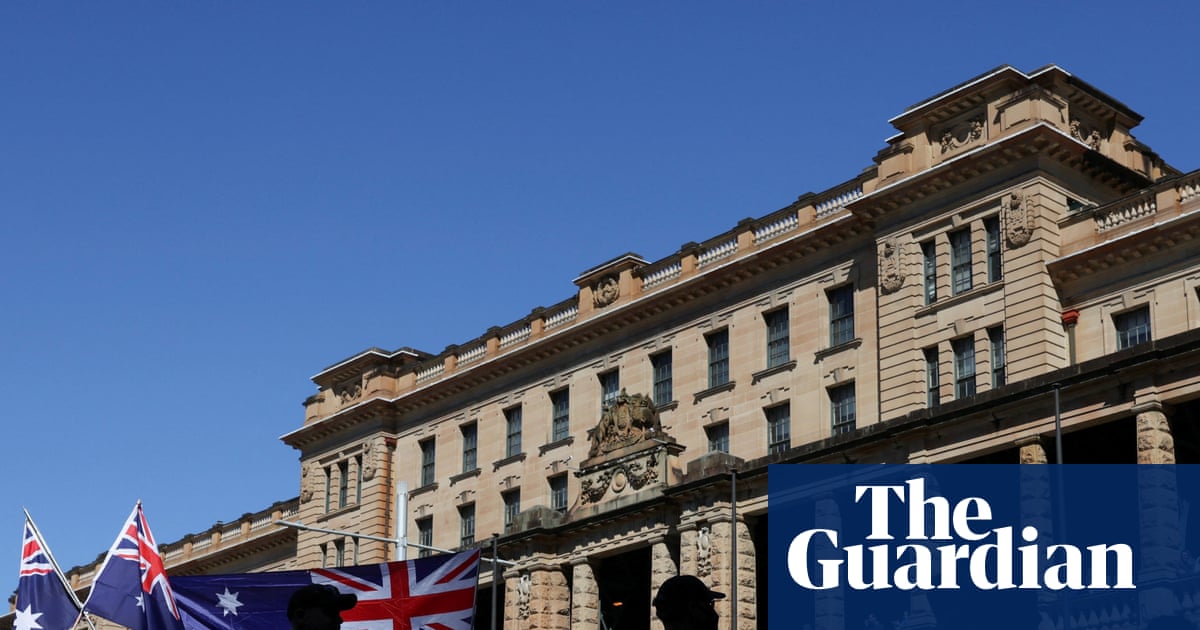Britain is on track to become a “National Health State” where half of all public spending is allocated to the NHS and social care by the end of the decade, according to a leading thinktank.
Rachel Reeves used her spending review on Wednesday to prioritise billions of pounds for the NHS as she outlined Labour’s priorities up to the next general election, while squeezing funding for other areas.
As the chancellor came under pressure on Thursday to defend her plans, amid warnings that tax rises could be required, the Resolution Foundation said health spending was set to increasingly dominate public spending.
Come the end of the decade, it said that the NHS would account for half (49%) of all day-to-day public service spending controlled by Westminster – up from a third (34%) when Labour last left government in 2010.
The NHS, defence and long-term investment received the lion’s share of the additional funding announced in Reeves’s spending review, with 90% of the increase in the day-to-day budget going to the health service.
However, the Resolution Foundation and other leading experts warned that the chancellor could be forced to raise taxes again in the autumn to maintain higher levels of spending, amid a worsening outlook for the economy and public finances.
The Institute for Fiscal Studies thinktank said on Thursday that a dramatic turnaround in the economy was needed to avoid a fresh rise in taxes at the budget later in the year.
“With spending plans set, and ‘ironclad’ fiscal rules being met by a gnat’s whisker, any move in the wrong direction will almost certainly spark more tax rises,” said Paul Johnson, the director of the IFS.
Official figures on Thursday showed the UK economy shrank by a bigger-than-expected 0.3% in April, as exports fell following Donald Trump’s tariff announcements and employers cut jobs and froze investment plans in response to tax rises and global trade uncertainty.
Kemi Badenoch, the leader of the opposition, blamed Labour for Britain’s worsening economic outlook and argued that the Conservatives would have chosen to shrink the size of the state rather than waging a “war on the private sector”.
However, some economists said Reeves’s policies had mostly reversed the last Conservative government’s “unrealistic” plans, which involved billions of pounds in tax cuts and limited details about how spending would be paid for.
Andy King, a former board member of the Office for Budget Responsibility (OBR), said Reeves allocating £400bn more than the previous government had set out over the course of the parliament was “basically the price tag for taking the implausible out of the spending plans”.
“Was it a spending spree? Not really. Was it austerity? Not really. It looks like a pretty conventional and sensible way of allocating the spending envelope,” he added.
The ballooning share of public spending allocated to the NHS comes as the government wrestles to cut near-record waiting lists, on a mission to fix what health secretary Wes Streeting declared to be a “broken” service after 14 years of Conservative rule.
Spending had already been steadily rising for years, reflecting Britain’s ageing population, rising costs, and more complex treatments, while the impact of the Covid pandemic increased pressure on the service. However, critics have questioned whether more efficiency gains could be made.
after newsletter promotion
While the health service is taking up a larger share of public spending, other areas have been steadily squeezed out, including budget cuts of 16% reduction in real, per-person funding for justice and a 50% decline for housing, communities and local government since 2010.
The Resolution Foundation said Reeves’s plans would benefit Britain’s poorest households most, by providing a valuable “benefit-in-kind” from access to public services.
For a middle-income household the benefit would be worth the equivalent of £1,400 a year on average by 2029, rising to £1,700 for the poorest fifth of households in the country.
However, economists warned that a weak growth outlook and rising government borrowing costs amid Trump’s global trade wars could blow the chancellor’s plans off course.
This could force the OBR to downgrade its forecasts for the government finances, which would require Reeves to take action to announce spending cuts or tax rises if she wanted to stick to her fiscal rules.
Ruth Curtice, chief executive of the Resolution Foundation, said: “A weaker economic outlook and the unfunded changes to winter fuel payments mean the chancellor will likely need to look again at tax rises in the autumn.”

 3 months ago
49
3 months ago
49

















































